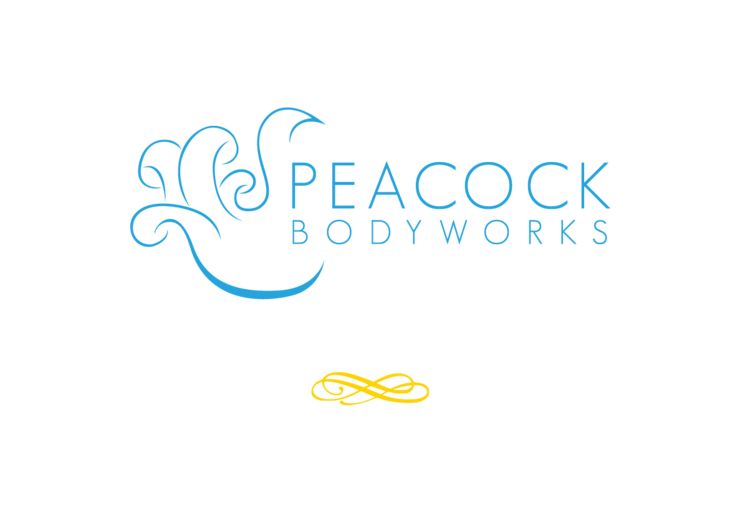The medical name for frozen shoulder is adhesive capsulitis. It occurs when the sleeve (or capsule) of connective tissue that surrounds the shoulder joint tightens and thickens, resulting in a decreased range of motion.
The symptoms of frozen shoulder are pain and stiffness in the shoulder joint. The condition often comes on gradually with pain and restriction steadily increasing over time. Pain is usually the most severe in the early stages of frozen shoulder. At some point, the condition will plateau, leaving severely decreased range of motion that may last a very long time. Eventually, the symptoms will resolve. The entire process of the condition from start to finish can take 1-3 years.
The reasons for frozen shoulder are still unknown. We do, however, know that certain populations are more likely to experience it. It appears most commonly in women over 40 and in people who have recently had their shoulder immobilized for recovery from an injury. Frozen shoulder also seems more prevalent in people with certain diseases such as diabetes, thyroid disorders, and cardiovascular problems.
There is no known cure for adhesive capsulitis, however, massage therapy, physical therapy, chiropractic care, and acupuncture may all be used to help alleviate some of the symptoms of this disorder. In some cases, steroid injections are given and on rare occasions surgery may be attempted. The good news is that frozen shoulder does not last forever! Eventually, it will disappear as mysteriously as it began.

